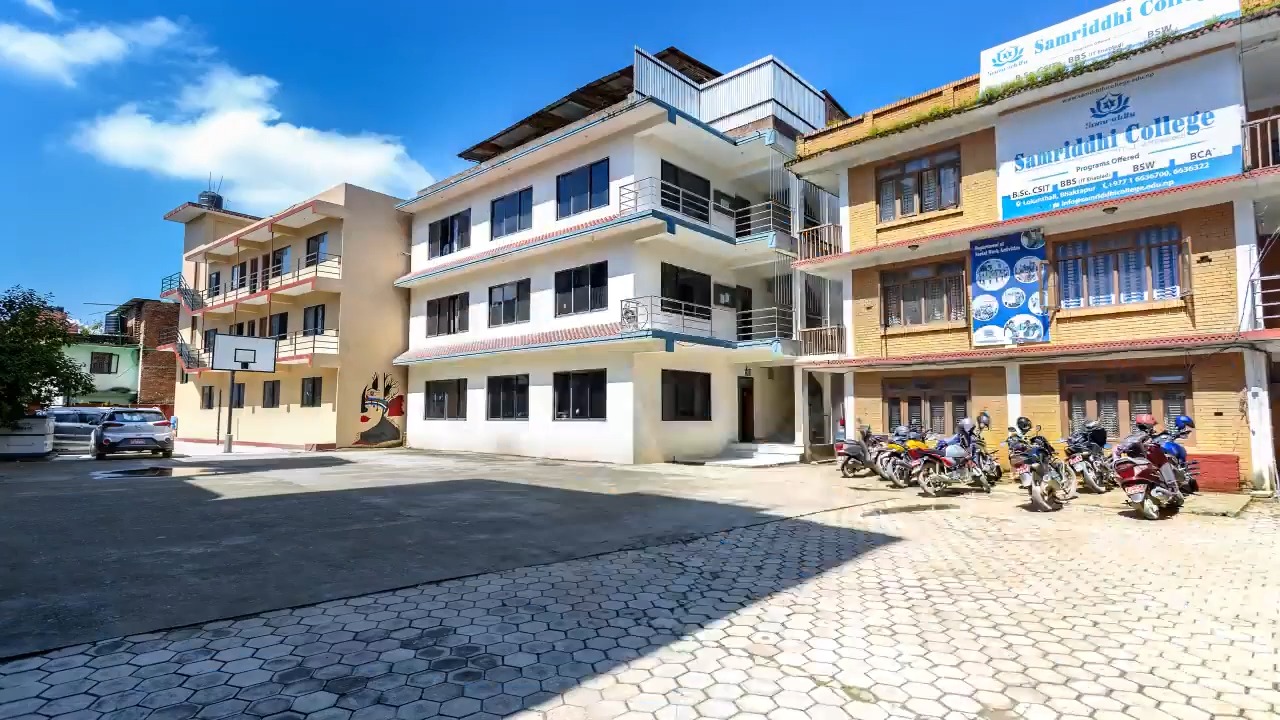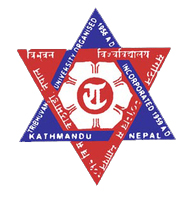Overview
BSW at Samriddhi College, Lokanthali–Bhaktapur
Bachelor of Social Work (BSW) at Samriddhi College, Lokanthali Bhaktapur, under Tribhuvan University (TU), prepares students for community-based roles in Nepal. The program links classroom study with fieldwork of at least 12 hours per week, creating steady exposure to NGOs, INGOs, schools, hospitals, and local bodies.
Students learn core social work theories, research basics, counseling micro-skills, and legal–policy context. Field diaries, supervision meetings, and reflection reports connect concepts to real cases faced by Nepali communities.

Highlights
-
Duration: 4 years (TU curriculum)
-
Seats at Samriddhi College: 60
-
Fieldwork load: minimum 12 hours per week with supervision
-
Typical timing pattern: classes around 6:30 AM–11:00 AM (Sun–Wed); placement on Thu–Fri as scheduled
-
Selection: no TU entrance exam; short interview at college
-
Affiliation: Tribhuvan University
Curriculum Details
Coursework covers Social Work Theories, Human Behavior and the Social Environment, Social Policy in Nepal, Community Organization, Counseling Basics, Research Methods, and Psychology units.
Practice components include:
-
Field diaries, case notes, and community profiles
-
Group facilitation, awareness sessions, and event coordination
-
Camps, guest sessions, and life-skills workshops
-
Small research tasks: survey tools, focus groups, and short reports
Faculty evaluate through internal assessments, viva, and TU exams. Field supervisors and teachers co-review logs, attendance, and demonstrated skills.
Objectives
The program aims to build:
-
Ethical judgment rooted in social work values
-
Practical intervention skills for individuals, groups, and communities
-
Clear communication for records, reports, and stakeholder meetings
-
Basic research habits that inform service planning in Nepal
Scope
Graduates find roles in NGOs/INGOs, community development projects, child and family services, school support, hospitals and rehabilitation centers, and municipal initiatives. Further study options include MSW, Psychology, Sociology, Public Health, and related fields for advanced practice and policy roles.
Learning Outcomes
-
Explain core social work principles and apply codes of conduct
-
Conduct intake, prepare case plans, and document progress responsibly
-
Facilitate groups and community meetings with clear goals
-
Collect field data, analyze simple findings, and present short reports
-
Coordinate referral pathways and work with multidisciplinary teams
Skill Development Modules
-
Counseling micro-skills: attending, questioning, summarizing, and closure
-
Proposal and report writing for small grants or projects
-
Community mobilization, event logistics, and stakeholder mapping
-
Research basics: tool design, field protocols, data entry, and visualization
-
Self-care planning and effective use of supervision
Teaching Methodology
Faculty combine lectures, role-plays, case vignettes, and simulations. Field supervision anchors weekly practice. Reflection sheets and review meetings help students connect classroom learning to placement outcomes. Guest experts share procedures on safeguarding, documentation, and coordination within Nepali agencies.
Admission Requirements
-
Qualification: +2/Intermediate/PCL or equivalent from a recognized board
-
Minimum academic threshold: D+ in each subject or 45% where percentage applies
-
Selection: short interview conducted by the college; no TU entrance exam
-
Documents: SEE and +2 credentials, migration certificate, citizenship/ID, recent photos
Career Opportunities
Entry roles include Community Organizer, Program Assistant/Coordinator (entry level), Case Worker, School Support Worker, Research Assistant, and project roles in local bodies. Growth pathways lead to counseling, program leadership, or policy support after experience and postgraduate study.
Example pathway: a student serving in a school support unit manages attendance follow-ups, parent meetings, and referral notes. Documented outcomes and supervisor feedback then support movement into a larger education or protection project.
Scholarships and Financial Aid
College policy lists graded first-year waivers based on prior grades, with continuation linked to academic performance. Up to 10 students in BSW receive full scholarships as announced by the college.
Students remain responsible for TU registration/exam fees, the internal examination fee charged per term, TU service charges, and costs related to field visits, tours, internships, and camps.
Why Choose This Course?
Learners gain steady, structured practice while studying theory. Field supervision, reflection logs, and faculty guidance help students turn classroom concepts into actions that match the needs of Nepali communities and organizations.
Conclusion
BSW at Samriddhi College offers a clear, field-anchored route into social work in Nepal. The program balances ethics, methods, and community exposure, helping graduates move into entry roles or progress to advanced study.


















